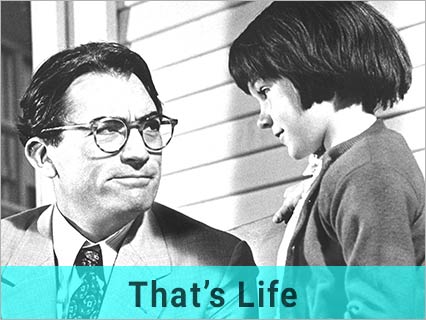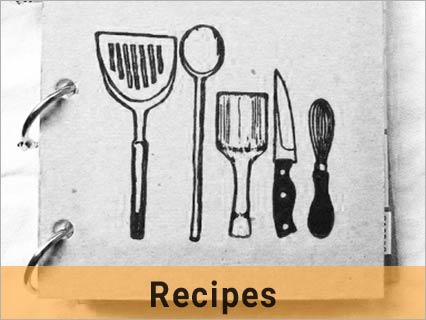You don't have to be musical to need rhythm…
25 Jul 2023
Dear LPG,
Have you ever found yourself so involved in what you are doing that time seems to pass you by? For me, it is late-night television watching. A film comes on, and during the commercial break, you see the trailer for the one that will follow the one you are watching. Then it is back to the one you are enjoying, which comes to an end. When the end credits start to roll, the television screen splits in half, and the details of the film to follow are reinforced, leaving you intrigued and deciding to watch the film's first few minutes. During film number two, the preview process is repeated; before you know it, it is nearly time to get up again. The sad part is that I have to admit to usually having dozed here and there, resulting in my missing some of the best bits, but that gives me a good reason to watch that same film again the next time it comes on.
They say that time flies when you are having fun, and one of the best things about being a pensioner is that, for just a few years at the beginning of that post-retirement stage of our lives, many of us will have a daily routine where keeping to time is not that important.
We don't need to use an alarm clock anymore, and we don't need to worry about getting up on time to go somewhere or be at an appointment every day. So, we go to bed later and get up later, and because getting to a lunch club or going shopping is nowhere near as vital as it was to be at work on time, we don't bother as much.
It is a bad habit you can slip into quickly if you are not careful, and when I realised what was going on, I decided to do some internet research.
There is a lot more to it than I can even begin to explain, but the one thing that I have discovered is that we all need to maintain our Circadian rhythms. I didn't even know we had such a thing, but that is the more scientific name for a part of what is often known as our body clocks, and while I always thought that body clocks were just metaphorical, there is more to it than that. This rhythm affects so many things that we do each day and is affected by many outside influences, such as the amount of light and dark we come into contact with and many other factors.
Information I have found tells that routine is the answer, and perhaps one of the most critical aspects is the time you go to bed each night. I discovered that, according to the internet, I should be getting much more sleep than I do now. When I was working, about six hours a night seemed to work for me, but now that I have all the time in the world to choose what I want to do with my days, I seem to get less sleep than ever.
The internet reiterates that routine is the key. When I was one of the world's workers, getting enough sleep was necessary if I didn't want to make mistakes when working, but now that I have relatively little to get up early each morning for, I have less of a routine than I have ever had. I watch all sorts of television and often until the early morning hours, and I never really get a good night's sleep these days.
Illness and weakness of the bladder make things more difficult at night. Trips to the doctor and the hospital started dictating the mornings more. Perhaps we are forced into a sort of routine again as our retirement years progress, but, as a younger pensioner, I have decided that it might be essential to stream those films and watch them as a part of my daily routine, regardless of when they are shown on TV so that I can give my Circadian rhythm a chance to beat more regularly.
IC, Lewisham
IC, shares what she has learned about our scientific body clocks…







